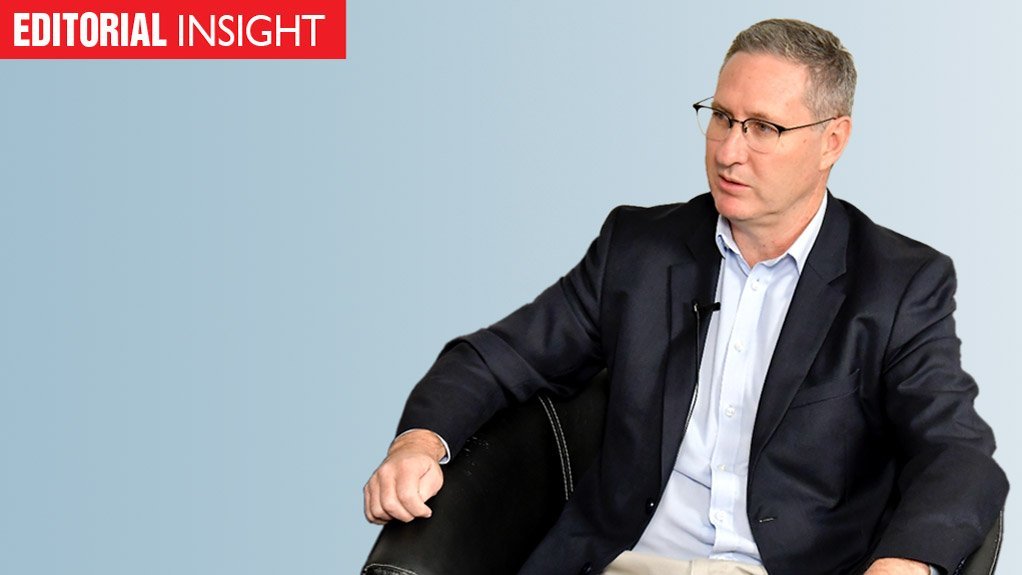With the 2024 election days away, attention is turning to the governance arrangements that will prevail nationally and in key battleground provinces following the poll and what these outcomes will mean for South Africa generally and the economy specifically.
Pre-election polling has persistently indicated that the African National Congress (ANC) will fall below the key 50%-plus threshold needed to form a national government without relying on other parties. It has also shown that new coalitions could emerge in provinces hitherto governed by the ANC.
Such an outcome would represent a significant change for the country, as well as a dramatic decline for the ANC itself, whose electoral support peaked at nearly 67% in 2004 and came in at a comfortable 57% in 2019.
A key question, therefore, is how far below the 50% threshold the ANC will fall. Some polls have indicated that its share of the vote could fall to below 40%, even though few anticipate such a calamitous slump. Nevertheless, the coalition permutations should the ANC fall below 45% are potentially unsettling for the currency, investors, business, and the reforms under way in the electricity, freight logistics, water, and tourism sectors.
The permutation anticipated to be most disruptive to the reform momentum is one where the ANC turns to the Economic Freedom Fighters (EFF). Such a coalition is already in place in the Gauteng metropolitan council of Ekurhuleni. And the ANC’s populist Gauteng Premier, Panyaza Lesufi, has openly defied national instructions not to align with the EFF, given his recognition that prospects for securing a majority absent a coalition with the EFF are slim.
Should such a coalition remain restricted to the provinces, even one as economically significant as Gauteng, business sentiment and the reforms agenda will be dented but not seriously damaged. Should it extend to the national level, however, the reaction is likely to be far more intense and long-lasting.
The question then will be whether the reform agenda being implemented by President Cyril Ramaphosa’s government will be sustained and whether Ramaphosa himself will remain.
A coalition with the EFF would certainly slow the reforms, and make Ramaphosa’s position extremely precarious. In some cases, the reforms will be abandoned. Once the challenges of governance become clearer, though, it is unlikely that they will all be halted, particularly when doing so could result in a swing back to politically harmful crises such as daily loadshedding.
Another possible scenario if the ANC falls below 45% is to force a grand centralist coalition with the Democratic Alliance (DA).
In the short term, this would be a business-friendly outcome and growth- and reform-supportive. However, it would be a hard sell internally for both parties and would de-fang the DA as an opposition force, potentially leaving more unstable parties to occupy that crucial position.
The least destabilising, albeit uninspiring, outcome is arguably one where the ANC secures 45%-plus and cobbles together a majority with small parties.
Given these stakes, falling levels of engagement by the electorate are worrying.
EMAIL THIS ARTICLE SAVE THIS ARTICLE ARTICLE ENQUIRY
To subscribe email subscriptions@creamermedia.co.za or click here
To advertise email advertising@creamermedia.co.za or click here











